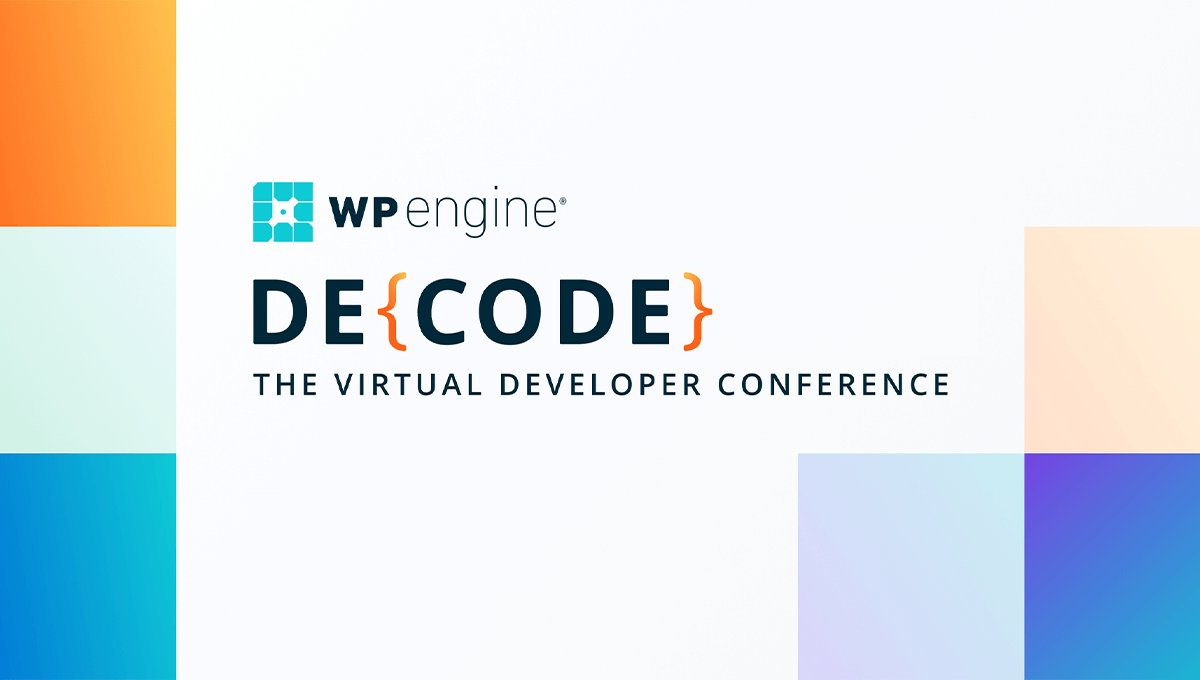
Did you know the first web pages were meticulously hand-coded using a basic text editor? There were no bells and whistles, no polished interface, no customizable WordPress dashboard – just a simple editor.
Although this method of creating a webpage was time-consuming and arduous, the code was clean and loading a webpage was efficient. As Internet usage grew rapidly and it became a necessity for businesses to have a website, a few things happened:
- People wanted to make the process of building a website faster, easier, and cheaper.
- New web developer tools emerged like Macromedia Dreamweaver and Microsoft FrontPage.
- Web design changed drastically from simple texts, links, and pictures to feature attractive and engaging layouts.
Making a webpage soon became much simpler with the emergence of drag-and-drop builders, plugins, and themes. This opened the floodgates for web designers and digital marketing agencies to offer website design and development at cheaper rates which, naturally, is attractive for many business owners.
However, that ease comes with a price – and a hefty one at that.
The Problem: Website Builders and Themes
When we first began using web browsers, search engines didn’t have the advanced machine learning and indexing capabilities that they do now. And for a short time, drag-and-drop builders and themes worked for their purpose – until search engines became more intelligent and efficient with the ability to crawl pages.
Millions of websites are built on themes and plugins that prove problematic for businesses. Here are some of the issues they face.
Slow Page Speed
While website themes look incredible, they are riddled with codes that slow down the entire website. The problem is a slew of nested elements that require additional processing to render the page. The more elements a website has, the longer it takes the browser to load.
A slow-loading webpage impacts:
- Organic search rank
- Your cost of pay per click in paid search
- User experience
- User time spent on the website
The above impacts SEO and your PPC campaign, leading to more money spent on ineffective methods. Users are more likely to leave a website the longer it takes to load and, consequently, this affects your conversion.
Susceptible to Malware and Hacks
Third-party themes need to be updated every so often to fix vulnerabilities. This is why you’ll typically receive an update from the developer with a patch to fix the vulnerability. Hackers search for websites with outdated themes that have vulnerabilities, allowing them to easily gain access to crucial information like credit card numbers, customer data, and more.
Some free and paid third-party themes are created by developers as side projects, and they don’t have the time or interest to maintain them or provide updates. This leaves the outdated theme vulnerable to malware and hacks, which means your private information is out there for Internet criminals to steal.
Not Ready For Core Web Vitals
Google introduced an important algorithm update in May 2021, Core Web Vitals – a set of standards used to rank websites and score user experience. It’s comprised of 3 elements:
- Largest contentful paint (LCP) – measures loading performance
- Cumulative layout shift (CLS) – measures visual stability
- First input delay (FID) – measures interactivity
The lower a website scores in each of the above components, the lower it ranks on the search engine. Because website themes don’t offer access to the code behind the scenes, if your website has a performance issue, simply put – you’re out of luck. Builders don’t allow you to fine-tune website performance.
As search engines become more advanced, builders simply can’t keep up.
The Solution: Hand-Coded Websites
Even in our technology-driven world, there are many tried-and-true ways of doing things that stand the test of time (and algorithm changes). Hand-coding websites are one of them. It’s not enough to only have a beautiful website front – what goes on behind the scenes can make or break how users interact with your business.
Here’s why having a hand-coded website matters.
Webpages Load Almost Instantly
What a third-party theme can do with 10,000 codes, a professional web developer can achieve with just a few hundred hand-coded techniques. This means that your website is not overloaded with unnecessary elements that bog down the page speed. Clean, efficient, and organized code makes it easier for Google to understand which, in turn, improves your ranking, improves user experience, and scores higher with Core Web Vitals, which all work as an ecosystem to impact conversion and user interaction.
Responsive Web Design (RWD)
Professional developers hand-code websites to be responsive on all device screen sizes, including desktops, tablets, and mobile devices. While page builders offer mobile sites, they are not 100% responsive. Responsiveness is a critical component that Google uses to rank your website. With mobile devices (excluding tablets) accounting for more than half of global website traffic, responsiveness is an element that should not be overlooked or compromised.
Search Engine Friendly for SEO and SEM/PPC
Faster page speed and a responsive design naturally impact SEO, improving the quality and quantity of organic traffic. Furthermore, relevant landing pages increase the Google Ads quality score and improve the performance of your PPC campaign. With access to behind-the-scenes codes, you can fix performance issues, efficiently remove or tweak elements, and make changes to improve your Core Web Vitals score.
More Secure
Unlike outdated themes, hand-coded websites aren’t as vulnerable and are difficult to hack. Developers can add an extra security feature and can virtually eliminate the chances of a cyber threat.
To Sum It Up
What makes third-party themes and builders attractive to businesses is the low cost of making a website. The caveat here is that it ends up costing more in the long run when websites aren’t ranking as they should, conversion is low, and businesses leave money on the table with missed opportunities.
Of course, it’s extremely tempting to hire a developer or digital marketing agency that offers to build your website for a few hundred dollars. But if you want to take your business to the next level in this digital age, a hand-coded website is an investment. Your competition that ranks well on search engines likely has a hand-coded website built by a professional developer.
Be forewarned that some digital marketing agencies charge thousands of dollars for websites built on third-party themes that are slow, not responsive, or properly set up for SEO. Finding a good agency with experienced website developers can be challenging, but is well worth the investment.





